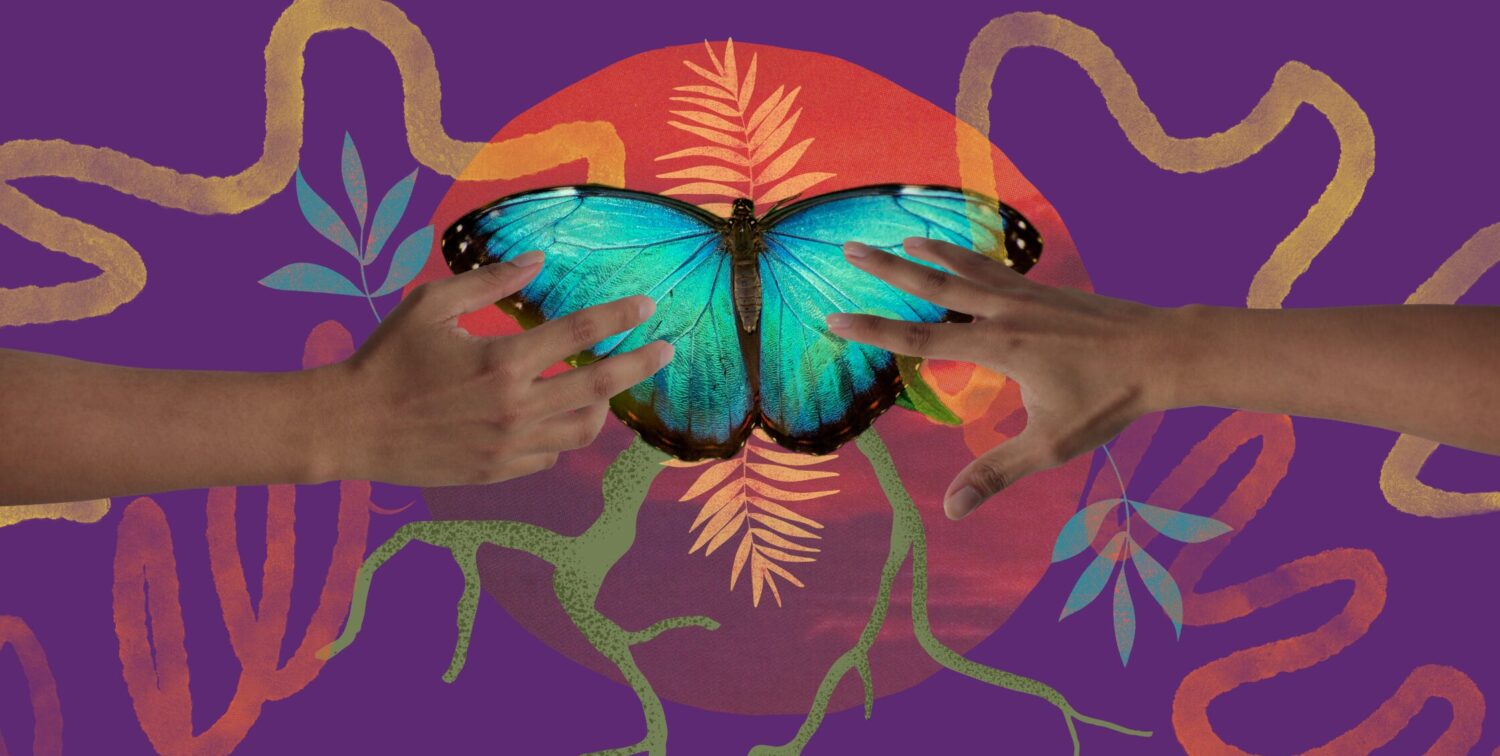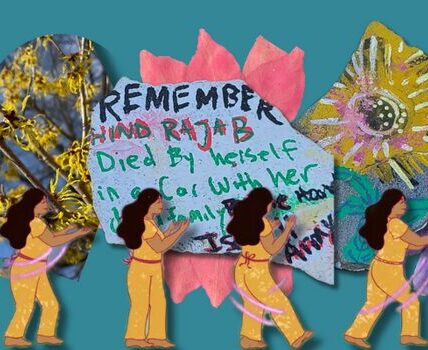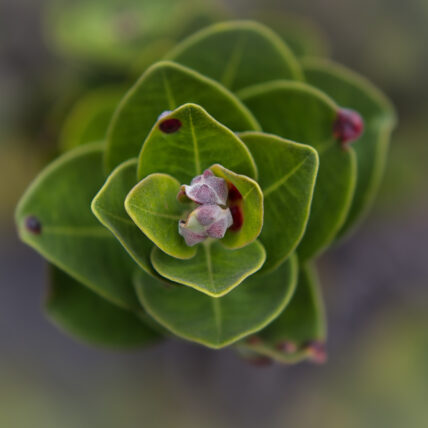“The Old Ones had experienced totality, a wholeness, in inwardness, and effectively created a physical manifestation of the life force by creating community. In doing so they empowered the people to become the ‘culture’ of accumulated knowledge.”
Willie Ermine, Aboriginal Epistemologies
Learning is one of the most fundamental aspects of being human. Anyone who has observed animals, or cared for them, knows that learning is core to their being as well. Those who tend to the messages and medicines of plants have shared about both the learning of plants as well as their orientation toward collective survival. Whether plants, animals, or humans (their newest, two-legged cousins), there is ample evidence that learning is fundamental to all of sentience. And the knowledge that results from our learning “is a lived process situated within a context of relationships.”[1]
Learning is also a fundamental part of strategy, both its development and implementation. But all too often they become separated. We become separated from our deep knowing of what is needed. This is no accident. As leaders, networks, and organizations are engaged in advancing change to create a more equitable and just world, they are simultaneously experiencing the harm caused by interlocking systems of oppression. It is no wonder we sometimes get drawn back into unremembering and unknowing.
As my colleague Natalie Bamdad recently shared, strategy-making “manag[es] the tension between planning and emergence [has become both] harder and more necessary.” In her blog, Natalie offers some approaches to co-create powerful strategies that recognize both complexity and the need to tend to ourselves and each other. This is necessary if we are going to experience wholeness and, what Willie Ermine calls “the culture of accumulated knowledge,” knowledge necessary to prefigure another future.
Recombinant: Learning & Strategy
Despite our own lived experience of learning and relational knowledge, much of the field of learning—rooted, as it often is, in foundations’ approaches to research and evaluation—tends to see the role of learning as more retroactive and documentary in nature, resulting in something of a memory book. While this work has culminated in some compelling narratives that have shifted whose stories are centered and reframed what is legible as systemic impact, it has not led to the necessary shift toward transformative learning, which is described by Cree professor and researcher Willie Ermine as a process that includes: skills that promote personal and social transformation; a vision of social change that leads to harmony with rather than control over the environment; and the attribution of a spiritual dimension to the environment.[2]
At a moment when we are living at the confluence of global militarization and genocide, climate catastrophe, soaring corporate profiteering, and both systemic and indiscriminate violence, reindigenizing learning so that it is restored to its living and breathing self—a live thing actively informing strategy and decision making and evolving our theories of change rather than a memory book that measures incremental progress often within an isolated context—is more important than ever. We need learning and evaluation rooted in indigenous ways of knowing and being to transmute the interlocking systems of oppression in ways that enable us all to be nourished, interdependent, loving, sovereign, and free.
In English, words like strategy and systems are nouns, something solid, fully formed. But in Anishinaabemowin, strategy would be a verb, the way most words are: dynamic, relational, something alive between us. From an indigenous perspective, learning and strategy have never been separated. But the colonized narratives that dominate so much of the conversations about both—even in social justice contexts—have us treating them as if they were strangers, needing a slow and formal introduction. Instead, they are twined parts of the same whole, and without our active recognition of their interconnectedness, they are deprived of oxygen, almost desiccant.
Learning efforts that embrace, weave, and advance these interconnected stories can powerfully catalyze transformative learning—learning that is active, recursive, and alive—animating strategy and decision-making at the network, movement, and systems level.
Some important approaches in transformative learning efforts—ones that are oriented toward individual and collective transformation rooted in right relation with aki, the earth, and her collective sentience—would include: holding storytelling circles with the broader ecosystem so learning is porous and can be enlivened by the perspectives of the whole; and continuously connecting learning questions to strategies, priorities and decision making to ensure they are in dynamic and ethical relationship with one another, and ensuring that learning outcomes included individual and collective transformation as part of the process of the strategy and learning.
When we center these elements and continually weave together stories of learning and strategy across programs, organizations, and networks, these efforts naturally aggregate towards movement-level learning that can strengthen our collective action and efforts toward transformative systems change.
As complexity scholar, Dr. Melanie Goodchild reminds us, “In Anishinaabe-izhitwaawin (Ojibway culture, teachings, customs, history) there are three kinds of stories. There is aadizookaan, a sacred story, a spirit being. There is dibaajimowin, a personal story. And there is gao-gii-kwe-win, a teaching or high-level teaching.[3]” All are animate and interconnected. They are learning and strategy, spirit and matter, they are twined parts of the same story. A story so powerful that it connects past, present, and future; it changes the world.
[1] Sharla Mskokii Peltier. “The Child Is Capable: Anishinaabe Pedagogy of Land and Community.” Front. Educ., 31 August 2021. Sec. Teacher Education. Volume 6 – 2021 | https://doi.org/10.3389/feduc.2021.689445
[2] Willie Ermine. “Aboriginal Epistemology.” Pg 102
[3] Dr. Melanie Goodchild. Indigenous Systems Change.
Collage credit: Naima Yael Tokunow





